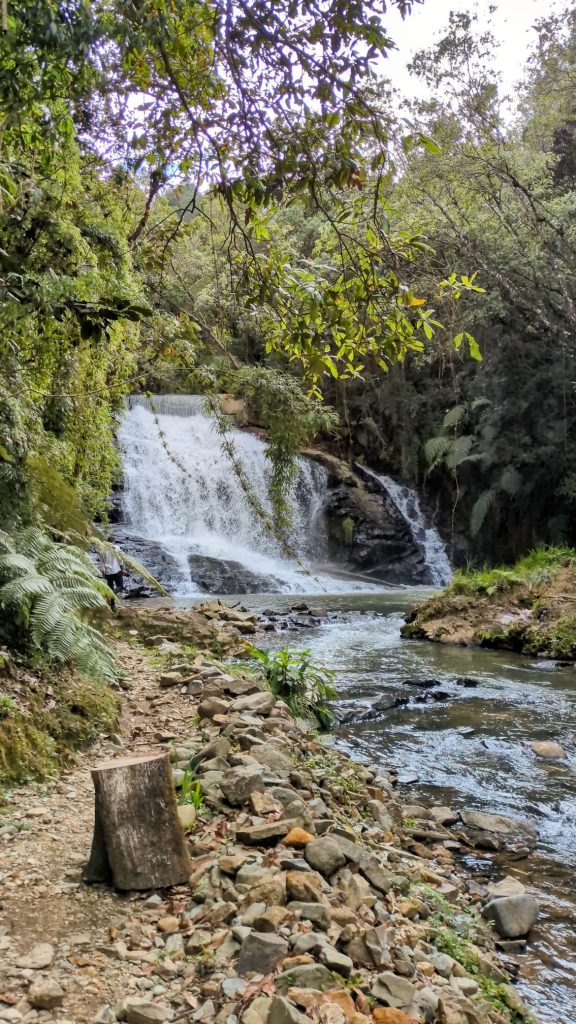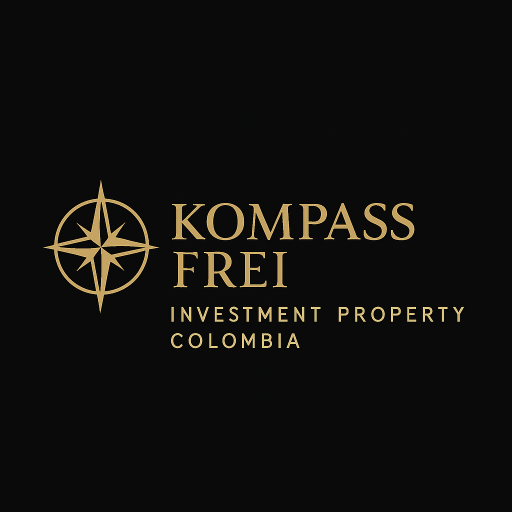
In the last chapter we saw how value can be redefined by moving across the Atlantic. But the real challenge is deeper: what does it mean to live coherently in a new cultural model?
Questioning Old Rules
Out of misconceptions and unrevised cultural patterns, passed from one generation to the next, stem seemingly unbreakable rules which, when left unquestioned, only perpetuate errors. When a system is broken, what sense does it make to continue investing in what keeps that system alive—even if interest rates appear lower than potential capital gains?
A Change of Latitude, A Change of Vision
A change of latitude, such as the one suggested throughout this blog—from Europe to South America—comes with a radical change of view, one that brings far greater consequences than simply moving our bodies and minds from one geography to another. The idea of a “haven on Earth” requires not that a place be pristine, but that our perception of it be so. To see a wounded place with clear eyes is already a profound contribution. To live coherently within such a view is justice in itself. Coherence—with an eye toward lasting equilibrium—may be the best word to describe the kind of lifestyle shift required when one truly broadens perspective.
Toward Coherence and Equilibrium
Today, this means moving away from overrun cities toward a natural environment that allows reconnection with our own essence, through the spirit embedded in the land. This is the deeper reason behind a conscious economic decision: preserving value while refusing to nurture obsolete thought-systems rooted in dead institutions.
In short, seeking peace of mind—a state that demands sustenance.
The Illusion of Modern Banking
Even modern banking, draped in digital transformation and clever rhetoric, has hardly moved away from the same premises that gave birth to it. Financial leverage to rebuild nations after a war, for instance, could be seen—if taken in isolation—as aligned with the idea of trusted storage sites, administered by trustworthy, non-covetous officials.
But one must still ask: why was there a war in the first place? Banking is “modern” on both sides of the Atlantic, yet the logic underpinning it remains unchanged. And as the proverb goes, “new wine should only be poured into new wineskins.”
The shift underway is not merely geographical or financial, but cultural—a move away from competition-driven capitalism toward the integration of differences, and the potential for a consciousness that reconciles rather than divides.
Why Colombia? A Land Preserved by Paradox
Before moving to a country like Colombia—where effective annual mortgage rates hover between 10% and 13%, levels that are still about half of what they were in the 1960s—one must see the territory for what it is, having bounced back from ignorance and corruption that once pervaded its culture, selling it to a worldview alien to its roots.
Paradoxically, one outcome of Colombia’s decades of conflict has been the preservation of vast areas of its territory, a silver lining that nonetheless cannot serve as a justification to keep things as they were.
From Subsistence to Sustenance
Intelligent investment aimed at sustainability and subsistence—especially in times of rampant abuse of empty “power”—gives grounds for optimism. And Colombia indeed offers one of the most fertile settings for such a vision to take root.
Note: Searching for the deeper meaning of sustenance, the word can be understood as:
- Being supported or sustained—as intended in the reflections above; or
- Something that nourishes or gives life, such as food.
In economics, however, sustenance refers to the minimal resources—food, shelter, clothing—required to support life and maintain a basic standard of living. It is closely linked to subsistence economies, systems in which communities focus on meeting their essential needs through local production and resource use, rather than through market profit or surplus.
Yet in the broader sense, sustenance can also describe a form of intelligent investing: one that sustains life by preserving the very resources on which life depends. Investing in natural environments—especially those rich in water, soil fertility, and biodiversity—means participating in the regeneration of value itself. These are assets that appreciate not only in market terms but in existential ones, because they secure the future capacity to live.
At KOMPASS FREI, we believe this is the true luxury of our time: the ability to invest in high-class, tangible assets—land, water, ecosystems—while living modestly enough to ensure that life itself remains sustainable. In that balance between refinement and restraint lies the real store of value.

Leave a Reply